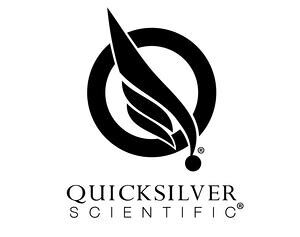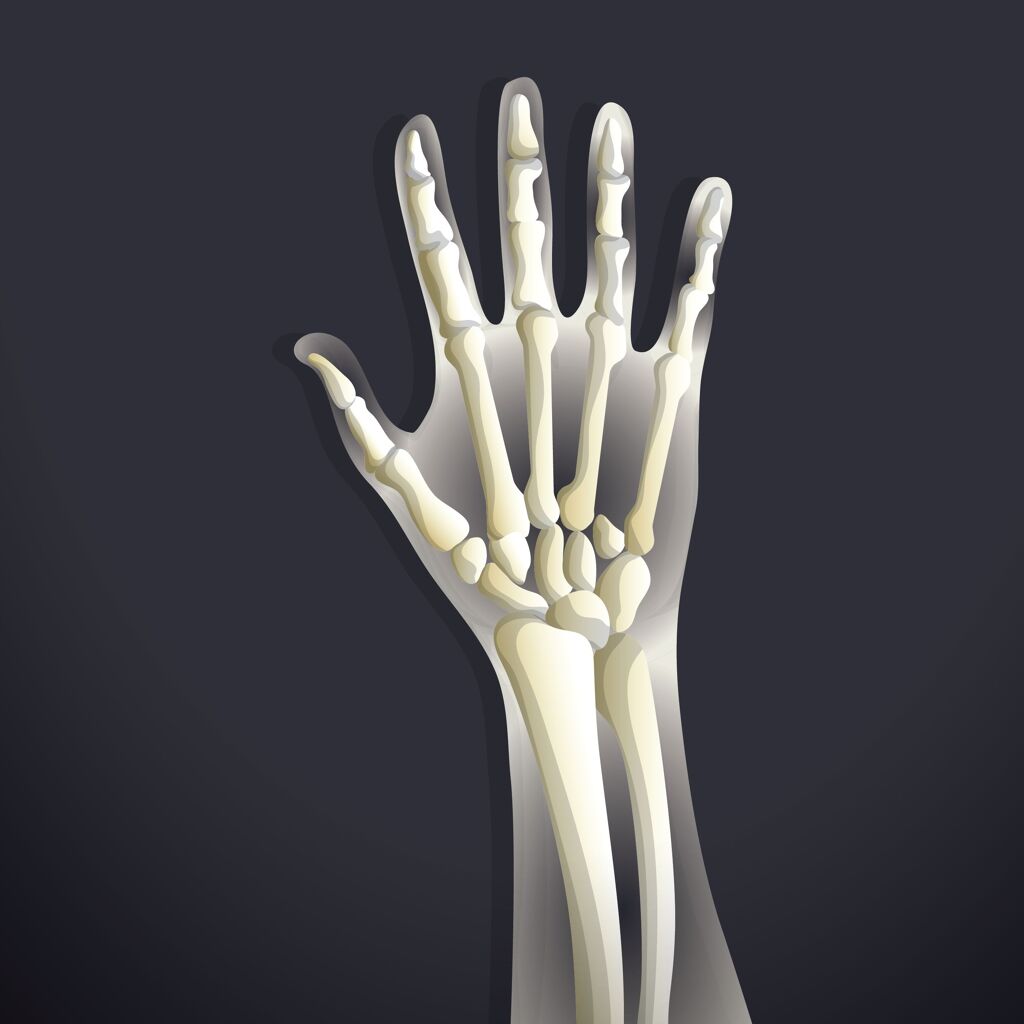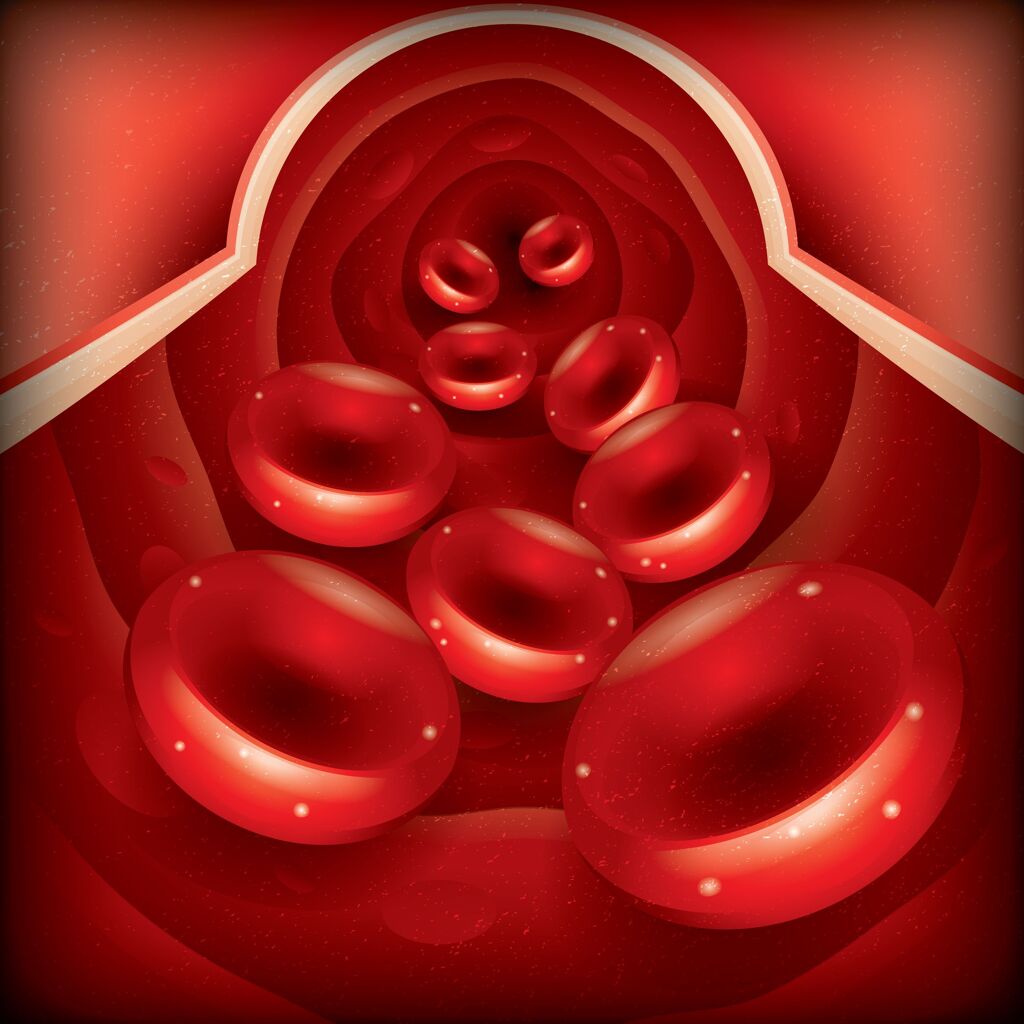The Thyroid Series: Hypothyroidism Part 1

Hypothyroidism: The Thyroid Series Part 1 This article covers hypothyroidism and how to address it using Functional Medicine and diet. Next week we will discuss other FM approaches to hypothyroidism. Last week we introduced the thyroid (article here), its function and what are the various conditions of thyroid disease. In subsequent articles in this series, we will look at other conditions of the thyroid and how to address each one. We hope you will stay with us and follow the series week by week.
Hypothyroidism: What is it?
Thyroid hormones regulate multiple functions in the body; how the body uses energy, consumes oxygen and produces heat (The Endocrine Society, 2019). The main thyroid hormones are T3 and T4. In a healthy thyroid gland, about 20% of the hormones produced are T3 and 80% are T4 (Society for Endocrinology, 2018).
- Hypothyroidism, or underactive or low thyroid, is a disorder of the endocrine system in which the thyroid gland does not produce enough thyroid hormone. If there are not enough thyroid hormones, then the thyroid cannot function optimally.
- Other things can go wrong and cause hypothyroid. For example, there can be an issue with the conversion of thyroid hormones. T4 is converted as required in the tissues by the iodothyronine deiodinase enzymes (Lumen, 2020). If there is a low level of these enzymes or some other issue with the conversion of T4 to T3, this would cause low T3.
- Reverse T3 (RT3) is the inactive form of the thyroid hormone T3, or the reverse of T3. If there is an excess of RT3, it will bind to normally functioning T3 receptors, inhibit active T3 and reduce the metabolic activity and action of T3. With age, we accumulate more RT3 which blocks normal thyroid function (Urology of Virginia, 2018).
- Thyroid hormone receptor sites can get blocked. There is a rare genetic condition called resistance to thyroid hormone in which the receptor sites don’t see the thyroid hormone levels as they should and do not function normally (Ortiga-Carvalho TM, 2014). This rare condition can result in hypothyroid symptoms (Ortiga-Carvalho TM, 2014).
Symptoms of Hypothyroidism
- Fatigue
- Weight gain, inability to lose weight
- Sensitivity to cold, cold hands & feet
- Constipation
- Heavy or irregular menstrual periods, PMS, infertility
- Dry skin
- Brittle hair, skin or fingernails
- Hair loss
- Mood issues, anxiety, depression, mood swings
- Poor concentration, brain fog, poor memory
To Read About Blog Topic, Scroll Down
Want To Work With Our Clinic?
Do you have a chronic or mystery illness that no one has been able to help you with? Are you simply wanting to re-connect with a healthier version of yourself? It’s Time To Finally Feel Better!
Root Causes
Our focus in this article is solutions to hypothyroidism. However, it is good to be aware that there can be many causes of hypothyroidism. A few prominent causes are listed here. Please also refer to our article here on the thyroid which lists all of the potential root causes of a thyroid disorder.
- Iodine deficiency: Too little iodine in the diet is a common cause of hypothyroidism (Zimmermann MB, 2015). In fact, it is the most common cause of hypothyroidism worldwide (Dunn D, 2016). Low iodine concentrations prevent the adequate production of thyroid hormone as iodine is a key raw material to make thyroid hormones (Zimmermann MB, 2015).
- Hashimoto’s: The most common cause of hypothyroidism in the United States is Hashimoto’s thyroiditis (Dunn D, 2016). This is an autoimmune condition in which the chronic inflammation created by the immune system damages the thyroid gland. This autoimmune reaction results in the underproduction of thyroid hormone (Dunn D, 2016). Of course the natural next question is…what causes Hashimoto’s? We will cover Hashimoto’s extensively in an upcoming blog and explore this question.
- Epstein-Barr Virus (EBV): EBV, more commonly known as mono or “the kissing disease”, is a virus that, once contracted, can live dormant in a person for years. EBV can re-activate or flare and recur later in life in some individuals. More recently, EBV has been found to either cause or be linked to multiple autoimmune diseases, including autoimmune thyroid disease such as Hashimoto’s (Dittfeld A, 2016).
- Nutrient deficiencies: Iodine, vitamin D, selenium, iron and zinc are all critically important nutrients for thyroid health. Being low in one or more of these nutrients can lead to hypothyroidism (Fröhlich E, 2019).
- Soy suppresses thyroid function: Hypothyroidism might be affected by processed soy isoflavones (Nakamura Y, 2017). Some studies show that soy isoflavones reduce thyroid function (Nakamura Y, 2017). Soaking, fermentation and heating may reduce problematic antinutrients contained in soy. However, there are unknown long-term health effects of consuming highly processed modern soy foods (D’Adamo CR, 2014).
- Gut function: The function of the thyroid and the gut are closely related (Kyriacou A, 2015). Thyroid dysfunction commonly causes GI symptoms.
- Gut bacteria is increasingly seen as a factor in thyroid conditions. One role of the gut bacteria is to assist in converting inactive T4 into the active form of thyroid hormone, T3. About 20% of T4 is converted to T3 in the GI tract (Kharrazian D, 2018). So, if there are not enough healthy bacteria, as in the case of dysbiosis for example, then T4 -> T3 conversion in the gut is impaired. An altered microbiota composition increases the prevalence of the autoimmune diseases Hashimoto’s thyroiditis and Graves’ disease (Fröhlich E, 2019). Gut bacteria influences the uptake of the essential nutrients for thyroid; iodine, selenium, zinc and iron (Fröhlich E, 2019). Gut microbes influence thyroid hormone levels by regulating iodine uptake and degradation (Fröhlich E, 2019). The microbiota may alter the availability of the thyroid medication L-thyroxine (Fröhlich E, 2019).
- SIBO is connected with hypothyroidism. Hypothyroidism prominently decreases gastroesophageal motility (Patil, 2014). Motility disturbances in hypothyroidism can lead to GI dysfunction. Reduced motility is one of the risk factors for development of a small intestinal bacterial overgrowth (SIBO). It has been reported that SIBO may be present in more than half of patients with hypothyroidism (Patil, 2014). One study found that significantly higher numbers of patients (54%) with hypothyroidism have SIBO (Patil, 2014). About 30% of people with hypothyroidism have low stomach acid. Low stomach acid is a risk factor for developing a bacterial overgrowth in the small intestine. Additionally, in our clinical experience at the Medicine with Heart clinic, we’ve found that when we treat SIBO and it clears, some people have a reduction in the amount of thyroid medicine they need to take to achieve optimal levels of thyroid hormones.
- Toxins: The thyroid is very sensitive to environmental toxins and a large number of common environmental pollutants have toxic effects on the thyroid (Duntas LH, 2016). For example, compounds widely used in pesticides disrupt thyroid function (Duntas LH, 2016).
- Diet: Interestingly, low carb diets have a mild connection to lower thyroid hormone levels. Insulin, a hormone secreted by the pancreas in response to carbohydrate consumption, has some very problematic effects on the body when excessive. Too much insulin, or insulin resistance, has been connected with diabetes, heart disease and metabolic syndrome. However, insulin is a weak stimulator for production of thyroid hormone (weaker than TSH (Thyroid Stimulating Hormone) produced by the pituitary gland), but nonetheless insulin does have some stimulatory effect for increasing thyroid hormone levels. A low carbohydrate diet for someone with a tendency towards low thyroid hormone levels may lead to thyroid hormones going even lower. This is mild and the benefits of low carb diets outweigh any thyroid problem for most people with metabolic syndrome or chronic blood sugar elevation. Even those with thyroid issues may habituate and come to a new homeostasis on a low carb diet so that the initial decrease in thyroid hormone may taper off. We do use low carb diets in the clinic even for people with thyroid issues, but we also watch for people who start to feel low thyroid symptoms increase after going on a low carb diet. In some cases, we recommend certain individuals maintain a moderate carbohydrate level for this reason.
Solutions to Hypothyroidism
Medication is frequently used with hypothyroidism: The most common treatment for hypothyroidism is levothyroxine (Levoxyl, Synthroid), which is a synthetic man-made version of the thyroid hormone T4. It is meant to act like the hormone T4 that the thyroid gland normally makes and converts to T3. There can often be issues with its effectiveness. About 5-10% of hypothyroid patients who take synthetic T4 continue to experience symptoms, including fatigue, depression and impaired cognition, in spite of adequately replacing T4 with the synthetic version in the medications (Heald A, 2019). If there is a conversion issue of T4 to T3 then this medication will not help. It could be that there are genetic issues with the genes related to the enzyme deiodinase that converts T4 to T3 (Hennessey JV, 2018). This may explain the occasional unsatisfactory treatment results with LT4 monotherapy (Hennessey JV, 2018).
There is a combination therapy of synthetic T4 + T3 available. However, this is not frequently used because current clinical evidence is not sufficiently strong to support LT4/LT3 combination therapy in patients with hypothyroidism (Hennessey JV, 2018).
Also, many conditions can affect the absorption of levothyroxine in the body (Ianiro G, 2014). Levothyroxine absorption can be impaired by age, the patient’s compliance, fasting, the intake of certain foods (such as dietary fibers, grapes, soybeans, papaya and coffee) or by some drugs (proton-pump inhibitors, antacids, sucralfate, etc.) (Ianiro G, 2014). Additionally, many gastrointestinal issues, especially those that disrupt the integrity of the intestinal barrier (i.e. leaky gut) and the diseases that impair gastric acidity, may alter the bioavailability of levothyroxine (Ianiro G, 2014).
There is a more natural medication option to take which is called Natural Desiccated Thyroid (NDT). The medications Armour Thyroid and Nature-Throid are NDT. NDT is a bio-identical non-synthetic naturally desiccated version of thyroid hormone. It is derived from porcine thyroid glands of pigs (Gaby, 2004). In some cases, treatment with desiccated thyroid has produced better clinical results than levothyroxine (Gaby, 2004).
There are also lots of solutions that are non-pharmaceutical, which can address hypothyroidism. It is best to work with a FM practitioner to assess your case and decide on the best protocol for you, as sometimes medications are helpful or even necessary.
Many of these steps can be taken simultaneously. The most obvious are:
DIET:
Foods to avoid:
- Gluten: We recommend avoiding gluten generally, due to its negative impact on gut health. As we have written about here, gluten loosens the tight junctions of the gut and contributes to leaky gut. When dealing with any health condition, and specifically in this case hypothyroidism, we want to have the most optimal gut health possible. In addition, gluten will inhibit thyroid function and can cause an autoimmune attack on the thyroid. It is a possible mechanism for triggering autoimmunity.
- Soy: As mentioned above soy suppresses thyroid function (Nakamura Y, 2017). Some studies have revealed that soy isoflavones reduce thyroid function (Nakamura Y, 2017). Like gluten, we generally recommend to avoid highly processed modern soy foods, as there are unknown long-term health effects of consuming soy in this form (D’Adamo CR, 2014).
- Processed, packaged, fast or junk foods: Certain foods commonly found in packaged, processed foods can be damaging to thyroid function (soy, gluten, additives, GMO ingredients, etc.). In addition, an inflammatory SAD (Standard American Diet) will worsen any health conditions or susceptibilities.
- Splenda or artificial sweeteners: Splenda disrupts thyroid hormones and suppresses thyroid function (Pałkowska-Goździk E, 2018). We generally recommend to avoid sucralose and other artificial sweeteners. In addition to negatively affecting thyroid function, these sweeteners can cause digestive and other health problems.
- Excess sugar: Hypothyroidism slows the metabolism and can make losing weight somewhat challenging. It is best to avoid the nutritionally-empty calories of high sugar foods in desserts, cookies, candy, etc. We generally recommend avoiding excess sugar for everyone as sugar has many negative effects on health (negative for gut bacteria, excessively raises insulin and fat storage, leads to weight gain, suppresses white cells of the immune system, bad for dental health and many other reasons).
- Vegetable & seed oils: Oils like canola, Mazola, corn, sunflower, safflower & other industrial seed oils are inflammatory. They contribute to chronic inflammation, which can worse a thyroid condition. We generally recommend to avoid these for optimal health. Good oils to use are coconut oil, avocado oil, butter, lard, ghee and olive oil (only up to medium temperatures).
Other dietary tips are:
Avoid the ketogenic or very low carbohydrate diets: Going very low carb can be harmful to thyroid function. Insulin, which is triggered by eating carbohydrates, is necessary to convert T4 to T3. Removing or drastically reducing carbs from the diet can lead to issues with T4 -> T3 conversion. Insufficient conversion could lead to hypothyroidism. If you are hypothyroid, then we recommend eating a moderate carb diet. Aim for about 100 grams per day, or about 30 – 35% of total daily calories.
Cook goitrogens and eat them in moderate amounts: Certain foods contain goitrogens. Goitrogenic substances (or goitrogen foods) can interfere with iodine uptake in the thyroid gland. When not enough iodine is available, the thyroid cannot produce sufficient levels of the thyroid hormones T4 and T3.
Goitrogens are cruciferous vegetables such as bok choy, broccoli, brussels sprouts, cabbage, cauliflower, Chinese cabbage, collard greens, horseradish, kale, kohlrabi, mizuna, mustard greens, radishes, rapeseed, rutabaga and turnips.
At very high volumes, goitrogens can be problematic for thyroid function. However, cooking lowers the goitrogenic content of foods. Steaming cruciferous vegetables until fully cooked reduces goitrogens by two-thirds (McMillan M, 1986). Boiling cruciferous vegetables for 30 minutes destroys 90% of the goitrogens (McMillan M, 1986).
We recommend cooking these goitrogen foods and not eating them raw. Avoid juicing or making green smoothies with large amounts of raw crucifers like kale if you have a thyroid condition such as hypothyroidism.
Adequate intake of iodine can offset the negative effect of goitrogens. For those with low thyroid hormone, it may be helpful to make sure that iodine is sufficient when consuming goitrogenic foods. Iodine is a double-edged sword and too much can be problematic, especially for those with autoimmune thyroid conditions like Hashimoto’s. Too little can cause hypothyroidism and goiter…this is a delicate balance.
OK, so what do you eat for hypothyroidism?
We recommend following a whole-foods based, blood sugar-balancing, anti-inflammatory diet. Examples are the Paleo diet or a gluten-free Mediterranean diet.
In addition, specific foods should be eaten to ensure adequate levels of certain nutrients:
Iodine: Seaweed, seafood (such as shrimp), fish (cod & tuna), dairy (yogurt & cheese). DO NOT get too much iodine, especially in cases of autoimmune thyroid issues like Hashimoto’s. Anything above 1,100 mcg should be done under the guidance of an experienced functional medicine practitioner. 70-150 mcg is generally safe and helpful in most cases.
Selenium: Brazil nuts, tuna, sardines & other fish, ham, beef, turkey, chicken. Selenium can be toxic if too high. Brazil nuts are very high in selenium and can be overdone. Limit yourself to no more than 8 Brazil nuts per day and in most cases 2-4 may be sufficient.
Zinc: Meat, shellfish (especially oysters), legumes, seeds, nuts
Iron: Liver, grass-fed beef, lamb, sardines, oysters, white beans, spinach
Vitamin D: Fatty fish (wild salmon, mackerel, tuna), liver, cheese, egg yolks
Tyrosine: Chicken, turkey, fish, dairy (milk, yogurt, cheese), peanuts, almonds, seeds
** Check our blog next week to read our next article in the Thyroid Series **
Hypothyroidism & Solutions using Functional Medicine Part #2
Are You Suffering From A Chronic Illness?
Does your current health situation look like this…
- Do you feel that you have tried many things and either nothing works, or the treatment does not hold?
- Have you been told that there is nothing that can be done to reverse your illness and you just need to manage symptoms?
- Does your illness impact your work, your family, your happiness and your social life?
We specialize in finding answers and solutions for complicated chronic illness when people feel like they have tried everything. If this sounds like you, book a free call with us to see if we are the right fit for your health goals.
Dr. Miles has spoken for the following organizations:

















Responses